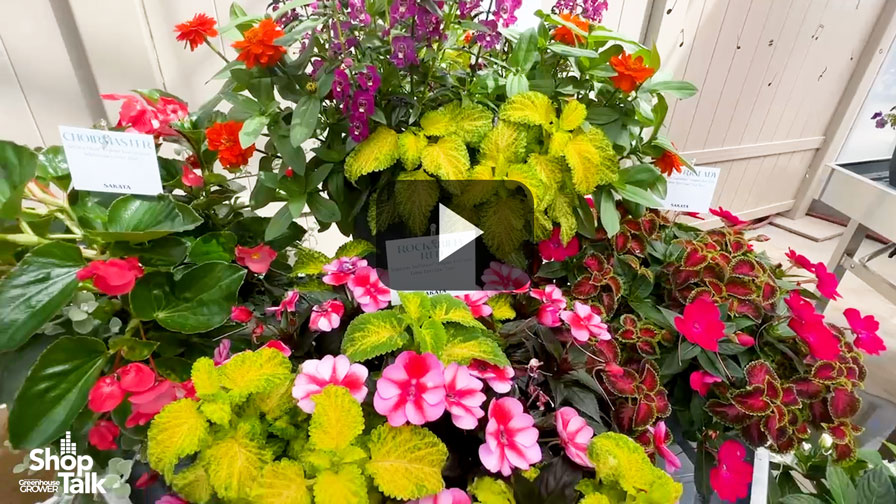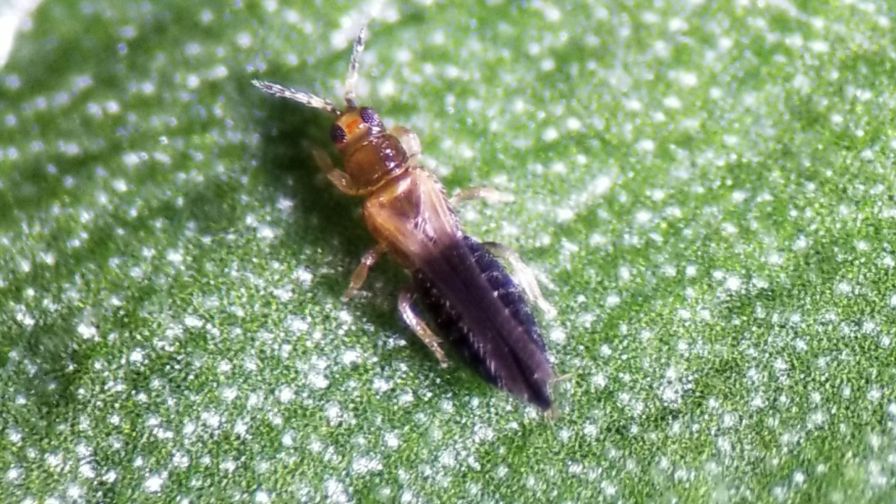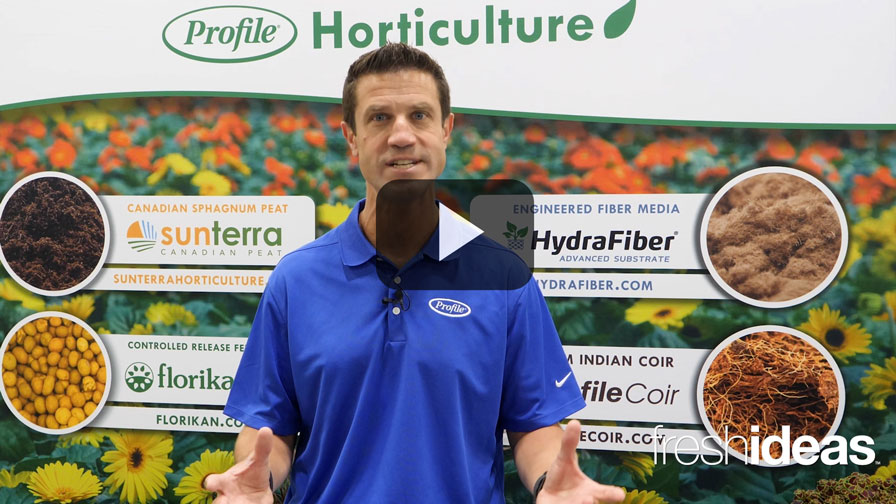University of Florida Adds Course on Production of Medicinal Plants
Sometimes, a new industry begins to boom before employers can hire a sufficient number of skilled employees. That was the case for many employers in the medicinal plant industry, which includes crops like hemp, kava and kratom. So, faculty from two University of Florida colleges worked together to help meet that demand with a new course.
Developed by the University of Florida Institute of Food and Agricultural Sciences (UF/IFAS) College of Agricultural and Life Sciences and the UF College of Pharmacy, the course addresses the skill sets required to help launch new, emerging crops. Labs taught students skills in propagation, germination, extraction, and analysis and everything in between.
“Employers in emerging industries have issues finding employees that understand plant production and extraction for medicinal use,” says Brian Pearson, a UF/IFAS assistant professor who developed and taught the course. “There is a major gap of potential employees with this skill set, and it is impacting producers.”
Driven by industry need and student interest, Pearson and UF College of Pharmacy Professor Chris McCurdy teamed up to establish and teach the course. The partnership provided faculty expertise on both the plant production and medicinal side of the industry.
“UF is in a unique position to offer such a course because we have UF Health and UF/IFAS all under one umbrella which is a great strength,” McCurdy says. “To be able to offer the horticulture and cultivation training would be something that could happen at any agricultural program, but to add in-depth understanding of the medicinal properties, compounds responsible for biological activity in animals and/or humans is a unique opportunity that gives our students an advantage over others in the field.”
The research partnership between UF/IFAS and the College of Pharmacy is well established. The two teams already unite on projects such as research in the chemistry and pharmacology of plant-produced chemicals with plant cultivation and growing techniques that influence the production of these chemicals. These cross-functional research projects help scientists understand the best ways to grow medicinal plants to benefit farmers and the consumers who will ultimately purchase the products these plants become.
“This work with UF/IFAS gives us the potential to really understand how to cultivate these plants as a crop that could benefit the farmers in our state while helping to treat the population of our state that needs this plant,” McCurdy says. “We use kratom in our research, but this could be just the tip of the iceberg for additional projects with more medicinal plants.”
Crop diversification is important for farmers and sometimes helps replace other crops that are experiences losses or a decrease in value due to market fluctuations.
“There have been decreases in crops that have a long legacy in Florida, and being able to support these new emerging industries that can help a grower’s bottom line is critical,” Pearson says.
Special thanks to Roseville Farms and AgriStarts, who provided tours of their facilities and plant products to use in the lab that gave students hands-on experiences in the industry.
“We’re really thankful for the industry support we received for this course,” said Pearson. “Students did research, provided UF/IFAS Extension to growers from the research they conducted all while learning. All three missions of the land grant mission worked together to make this course a huge success.”








